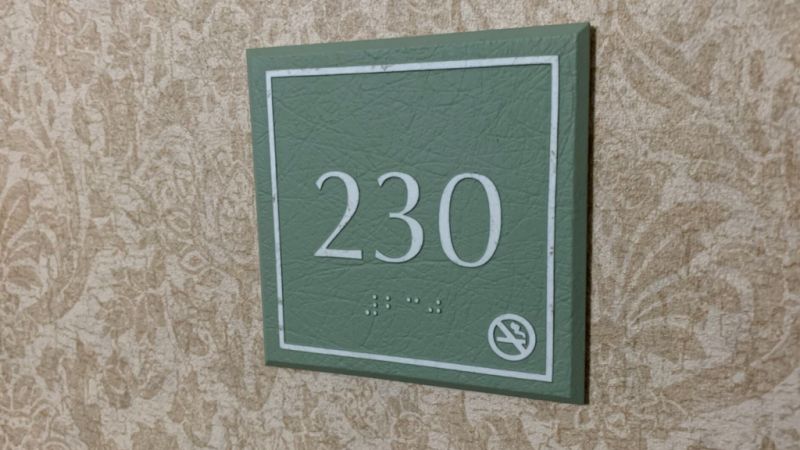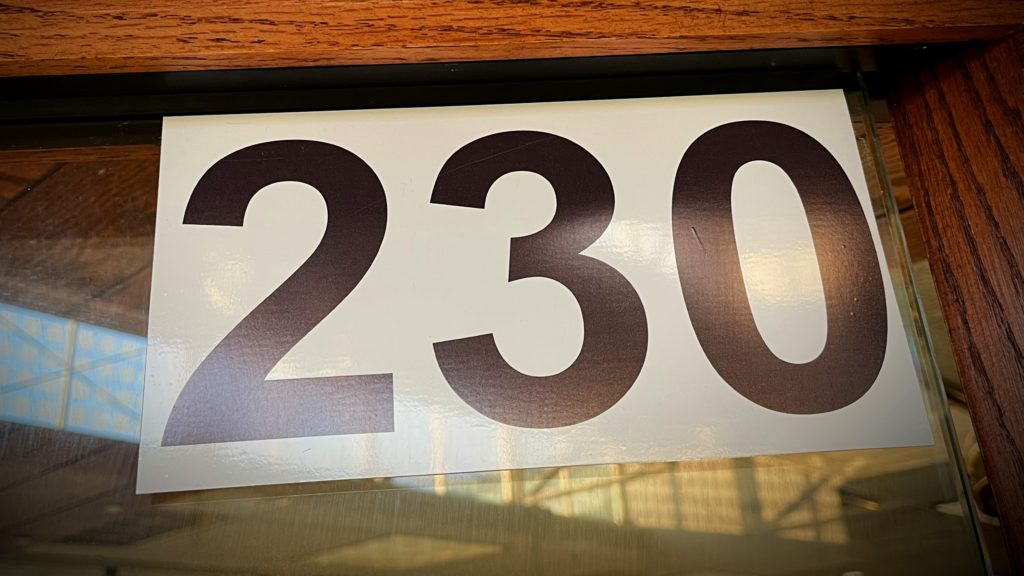
App’s general statement that it would provide a “safe and secure environment” did not amount to a promise for which plaintiff could assert Barnes-style misrepresentation and thereby avoid the app’s Section 230 immunity.
Plaintiff – an underage user – sued Grindr based on injuries he suffered from meeting up with four different men with whom he had connected on the platform. One of the claims plaintiff brought was for negligent misrepresentation. Defendant stated on the app that it was “designed to create a safe and secure environment for its users,” and plaintiff alleged that defendant failed to do so.
Defendant moved to dismiss this claim under 47 U.S.C. §230, which provides that “[n]o provider or user of an interactive computer service shall be treated as the publisher or speaker of any information provided by another information content provider.” 47 U.S.C. § 230(c)(1). The district court granted the motion and plaintiff sought review with the Ninth Circuit.
On appeal, the Ninth Circuit affirmed the dismissal under Section 230. In certain situations, a promise by an online platform to do something can form the basis of a claim against the platform that will not be barred by Section 230 immunity. For example, in Barnes v. Yahoo!, Inc., 570 F.3d 1096 (9th Cir. 2009), Section 230 did not protect Yahoo against a claim that it failed – despite its promise to do so – to take down indecent profiles impersonating the plaintiff in that case. And in Estate of Bride v. Yolo Technologies, Inc., 112 F. 4th 1168 (9th Cir. 2024), plaintiffs’ negligent misrepresentation claims were not subject to Section 230 immunity where the platform promised to unmask anonymous harassing users but failed to do so.
In this case, however, the Court saw the situation differently than it did in either Barnes or Estate of Bride. In those cases, plaintiffs were seeking to hold defendants liable for specific promises or representations. In this case, by contrast, Grindr’s general statement that its app was designed to create a safe and secure environment was a description of its moderation policy and thus protected from liability under Section 230.
Doe v. Grindr, Inc., 128 F.4th 1148 (9th Cir. February 18, 2025)









